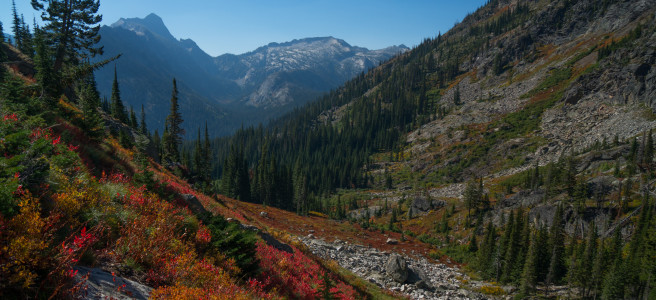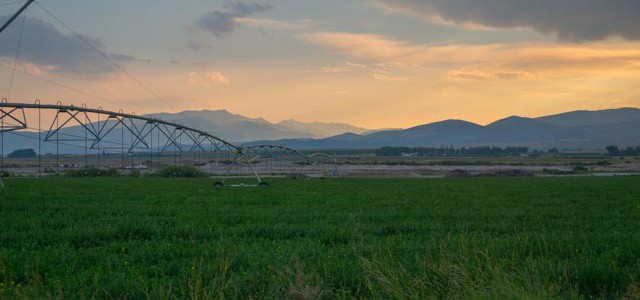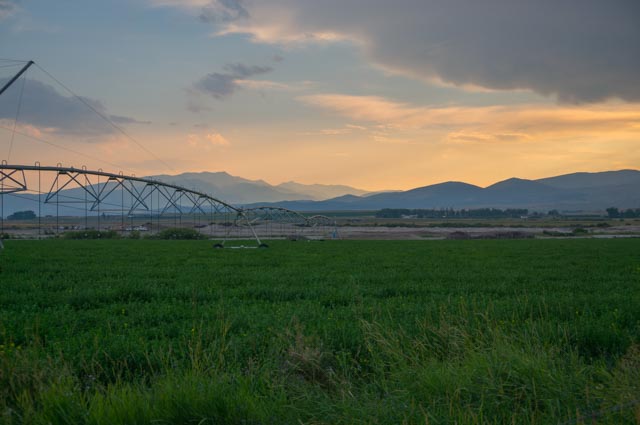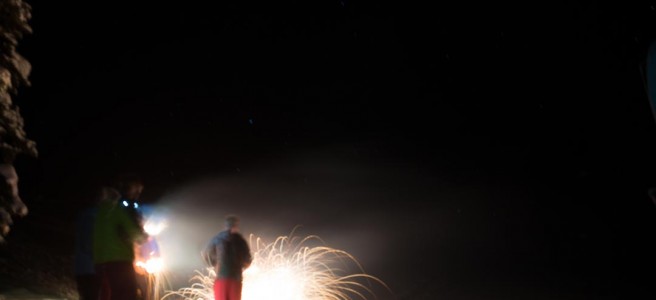Charles Novotny is in a bit of a pickle. He is sitting at a cubicle desk, a few feet back from his computer. His tie is loosened and Rorschach-esque dabs of perspiration are growing under his arms and at the back of his collar. A photograph of two young children rests on a shelf above his monitor and is obscured by smoke from the two-stroke engines flying around his head.
He is wearing a freshly pressed pair of Dockers khakis (with a little bit of spandex in them) and a few drops of bar oil have fallen and left stains. He does not notice. He is focused intently on juggling four running chainsaws and three live kittens. They appear to be tabbys.
A teenage boy of about sixteen pushes a mail cart through the office. One of the wheels squeaks, but Charles does not notice. He is wearing earmuffs; the motors are very loud. The boy behind the mail cart stops at Charles’ desk and pauses for a moment. He furls his brow before reaching into the cart to produce another chainsaw. He flicks the choke and pulls it to start. He and Charles make eye contact, and the boy tosses the saw with one and a half backward flips so that it blends seamlessly into the seated man’s rotation. Charles Novotny is now juggling five running chainsaws and three small tabbys.
The boy moves on with the mail cart. The wheel still squeaks.
The ease with which Charles Novotny keeps the saws and kittens in flight is hypnotizing. His eyes are cast upward and do not blink. He does not move his head. Muscle memory and his periphery track the saws and cats that fly through the air.
And these are not small, top handled arborist’s saws. We’re talking, like, full on Stihl 661s. Each time he catches one and tosses it aloft again, the 20″ bar swings toward him, and he extends his arm fully to ensure that the blade does not land on his shoulder and sever his arm. Vibrations from the engines have numbed his hands, and his arms ache. It is not yet eleven in the morning.
He catches and throws one or two running chainsaws for every kitten. To use the same strength and force he needs to keep the saws in the air when it comes time to catch a small cat would certainly crush the animal. Yet each tabby looks calm. One is sleeping.
There is no display of stress aside from the sweat.
His underarms are wetted through and his shirt is stuck to his back. Each vertibra is visible through the cheap microfiber cloth. A droplet has formed on his nose and is hanging from between his nostrils. He twitches his face and the droplet falls to the tile floor below his chair. His eyes do not move.
The phone rings. He does not answer it because doing so would mean dropping a saw or a tabby. There is a pause before the phone in the next cubicle rings. The woman there answers it. She steps into Charles Novotny’s small office with another saw. She chokes it, rips the cord, and it putters to life. She opens the choke and gives it some throttle and it roars. She throws it to him and he catches it. A pool of sweat is forming around his chair.
It is three in the afternoon. One of the saws sputters and when it comes through its next rotation the engine has run out of gas. He throws it again and the next time it comes through he sets it next to his chair without breaking the stride. By four pm two more saws run through their fuel and are sitting askew in a pile. He is now juggling two running saws and three kittens.
The lights in the office begin to go out. The first one darkens at 4:57. Precisely at 5 most of the lights darken. Charles Novotny is still juggling three cats and a saw.
It is nearly 7pm when the last saw goes quiet. He lays it in the pile of the others and gently catches the kittens. He tucks one into each pocket of his coat, shuts off the light, and locks the door as he leaves.
Like



